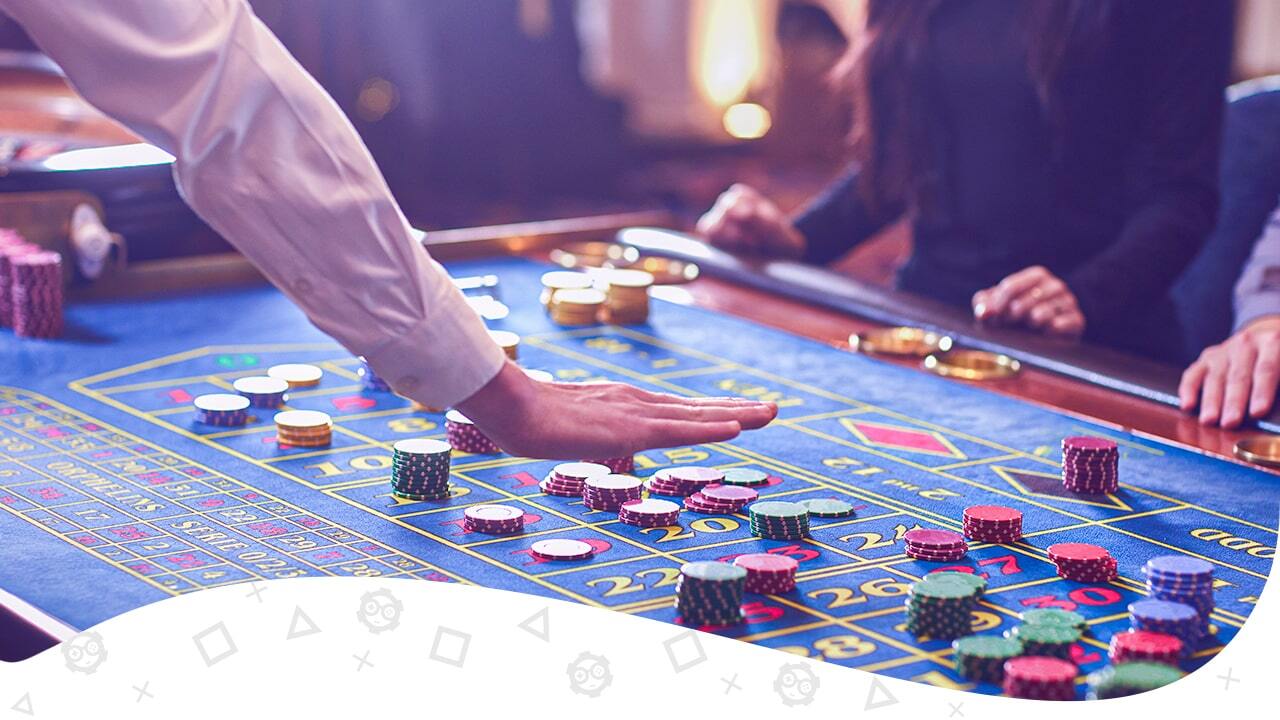
Gambling games have captivated enthusiasts for ages, pulling them into a realm of adventure, fortune, and prosperity. From the blinking lights of slot machines to the strategic action of poker games, these games offer a special mixture of amusement and exposure. However, underneath the surface of this glamour and finesse lies a intricate interplay of calculations that influences every conclusion and action made within the gambling establishment.
Comprehending this relationship between casino games and math merely enhances the playing experience but can also help players make knowledgeable selections. Whether you are a recreational gambler or a avid fan, recognizing the numerical strategies at play can give important knowledge into chances, probabilities, and strategies, eventually affecting how one tackles these chance games.
Arithmetic Likelihood in Gambling
In the realm of casino games, statistical likelihood plays a critical role in determining outcomes and informing gambler choices. Each activity has a unique set of rules and a specific probability model that shapes its dynamics. For instance, in activities like roulette, players must comprehend the odds of choosing a certain number or shade. The probability of certain events occurring can be assessed, and this understanding can substantially influence betting tactics. THABET CASINO
Gambers also need to be cognizant of the casino advantage, which is the mathematical benefit that gambling establishments hold over players in the long term. This advantage differs across different games. In 21, expert players can use tactics to reduce the house advantage to as low as 1 %, while in activities like slot machines, the house edge can be significantly greater. Comprehending the casino edge allows players to make informed decisions about which activities to participate in and how much to bet.
Moreover, likelihood is crucial in the principle of risk versus reward in gambling. Every wager carries a particular risk level, and players must consider the potential payout against that risk. Activities like the poker game require players to not only assess the odds of their own hand winning but also to evaluate the probabilities of their rivals’ hands. By utilizing statistical principles to their strategy, players can improve their chances of success and engage more effectively in the thrilling world of casino games.
Expected Value in Casino Games
When discussing casino games, one of the basic concepts rooted in math is the expected worth. This statistical metric assists players grasp the possible outcomes of their bets over a period. In simple terms, expected worth (EV) calculates the mean amount a player can anticipate to gain or suffer per bet if they were to play the game repeatedly. Each activity has its unique EV, affected by the odds and the house edge, which signifies the advantage that the casino holds.
For example, think of a game like the roulette game. The expected worth can be derived based on the particular bet placed. If a gambler bets on a single number, the return is 35 to 1, but the true chances of winning that bet are 1 in 37 (in Euro roulette). This leads in a negative expected value, indicating that, on the whole, players will lose money over a period when playing this kind of wager. Understanding this concept allows players to make more informed choices about which games and wagers may be more favorable.
Moreover, the investigation of expected worth can lead to improved money management. https://thabett.club/ Gamblers who comprehend the math behind their games are often able to set realistic goals. By acknowledging their possible losses and profits, they can modify their playing strategies appropriately, which may improve their total gambling experience overall. As a result, anticipated worth serves as a critical resource for both novice and seasoned gamblers to steer through the often volatile character of casino activities.
Strategies and Odds: The Arithmetic Behind Winning
In gambling games, grasping the odds is essential for participants looking to enhance their likelihood of success. Each game has its own specific set of chances that dictate winning performances, and these numbers are often found in the rules of the game regulations or payout schedules. For instance, in activities like 21, participants can enhance their chances through strategies such as tracking cards, which relies on arithmetic concepts to gain an edge over the casino. By educating themselves with the odds, participants can make more informed decisions on when to wager and when to give up.
Additionally, the concept of average value holds a major role in gaming tactics. Average outcome assesses the mean outcome of a stake over time, allowing participants to evaluate whether a specific stake is justifiable taking. For instance, fruit machines have a set return percentage, which can indicate the expected return a gambler can anticipate on their wagers. By opting for activities with higher average outcomes, gamblers can lessen the house edge, enhancing their future winnings in the over time.
Finally, successful gamblers often adopt a blend of luck and math strategy to enhance their gaming experience. While luck is unpredictable, managing a wagering approach based on mathematical insights can lead to more positive results. By utilizing techniques such as bankroll management and picking games, players can utilize math to navigate the unpredictable nature of gaming, making the most of their time and investments at the tables.